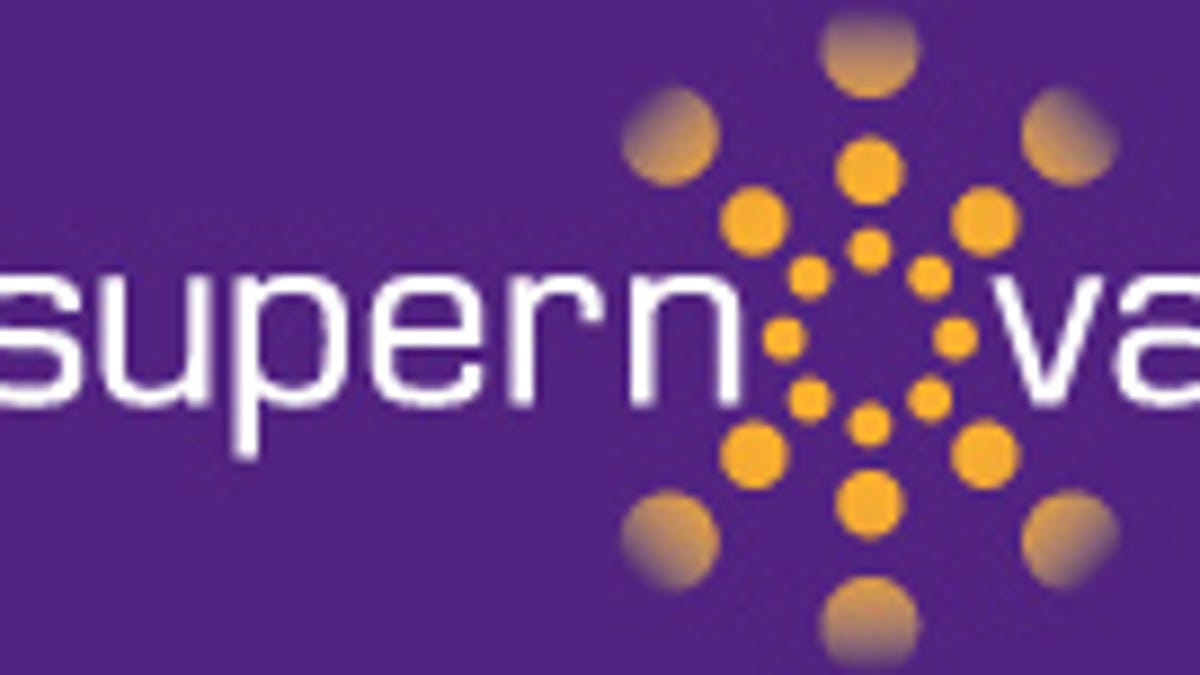In D.C., digital transparency has grown messier
The government using the Web to make its policies and processes more "open" sounds sunny, but the inability of a Supernova conference panel to go into much depth about it highlights its complexities.

PHILADELPHIA--There are few words in digital-media jargon that are more weighted than "transparency."
Though it was overshadowed by talk about the complexities of broadband access policy, government transparency was one of the topics highlighted in a set of "Policy Workshop" panels on Thursday at the University of Pennsylvania's Wharton School of Business as part of the Supernova 2010 technology conference. But, as is one of the downsides of a 45-minute panel, the speakers were barely able to scratch the surface.
These calls to action on access and openness come at an uneasy time for Washington as it attempts to wrangle an image of "open government" with the growing power and influence of both radical pro-transparency activists, as well as privacy advocates who are concerned that too much could be made public.
"Let me be clear about one thing," U.S. Deputy Chief Technology Officer Beth Noveck said in the first panel of the day. "When we talk about openness we're talking about bringing innovation to the way the government works by being open, by being participatory, by being collaborative." She brought up the Department of Health and Human Services' Community Health Data Initiative, calling it "a paradigm shift in the way government is functioning" through its sharing of anonymized health data that can help individuals, medical professionals, and projects on behalf of big Internet companies like Google (which sponsored the day's panels) and Microsoft.
"There's a doctor in Wisconsin who created an online asthma tracking system, and he gives away GPS tracking locators to put on patients' inhalers...(to track) when and where they're using their inhalers," Noveck explained, saying that the anonymized data is then shared publicly. "This kind of open and collaborative work gets really exciting when you take the data transparency in these novel tools," she explained, "and you close the loop and you take it back into how we make policy."
Noveck said that there is a very stringent policy process "to instruct agencies to identify high-priority data and post that data online in a way that respects both national security and personal privacy" when it comes to government openness. White House visitor logs, for example, are released online but not in real-time. "We want to be sure that we don't screw it up and that we have anonymized that data," Noveck said. "The thing I always want to make clear is that there is so much data that is not personal or private, that is not compromising of national security, and that the public deserves to have online in downloadable formats in real time."
But on a different note of national security, the panel and subsequent Q&A sessions unfortunately ended before anybody could bring up the name Wikileaks--the group of radical transparency activists who have been leaking confidential documents to the Web for several years, earning the ire of government officials and the support of First Amendment advocates.
This week, tens of thousands of confidential military reports pertaining to the war in Afghanistan were released by the elusive document-sharing organization, prompting vitriol from both sides of the political spectrum as well as onlookers who say that Wikileaks was jeopardizing U.S. national security by leaking the documents. The government launched an investigation into the source of the leak, and White House spokesman Robert Gibbs called the fiasco "alarming."
The flood of documents on Wikileaks highlighted transparency's limits: the fact that, despite all the talk about government openness, there are some things that the government absolutely doesn't want the general public to be able to access, and which if leaked have been considered verboten by traditional journalistic outlets out of national security concerns.
Noveck reminded the panel's audience that "open government" is still in an experimental phase and that "(transparency), I hope, will become the norm as we do more of this kind of work to bring innovation to government."
Facilitating innovation, particularly in a government notoriously beset by bureaucracy, is a good thing. And making information accessible, downloadable, and malleable sounds easy enough. But with users entrusting vast amounts of private information to Web companies like Facebook and Google, leaving officials skeptical about how it may be used; and government secrets mysteriously jumping from lock-and-key status to the public Web, transparency seems to be far more about being in control than sitting back and letting the floodgates stay open.

